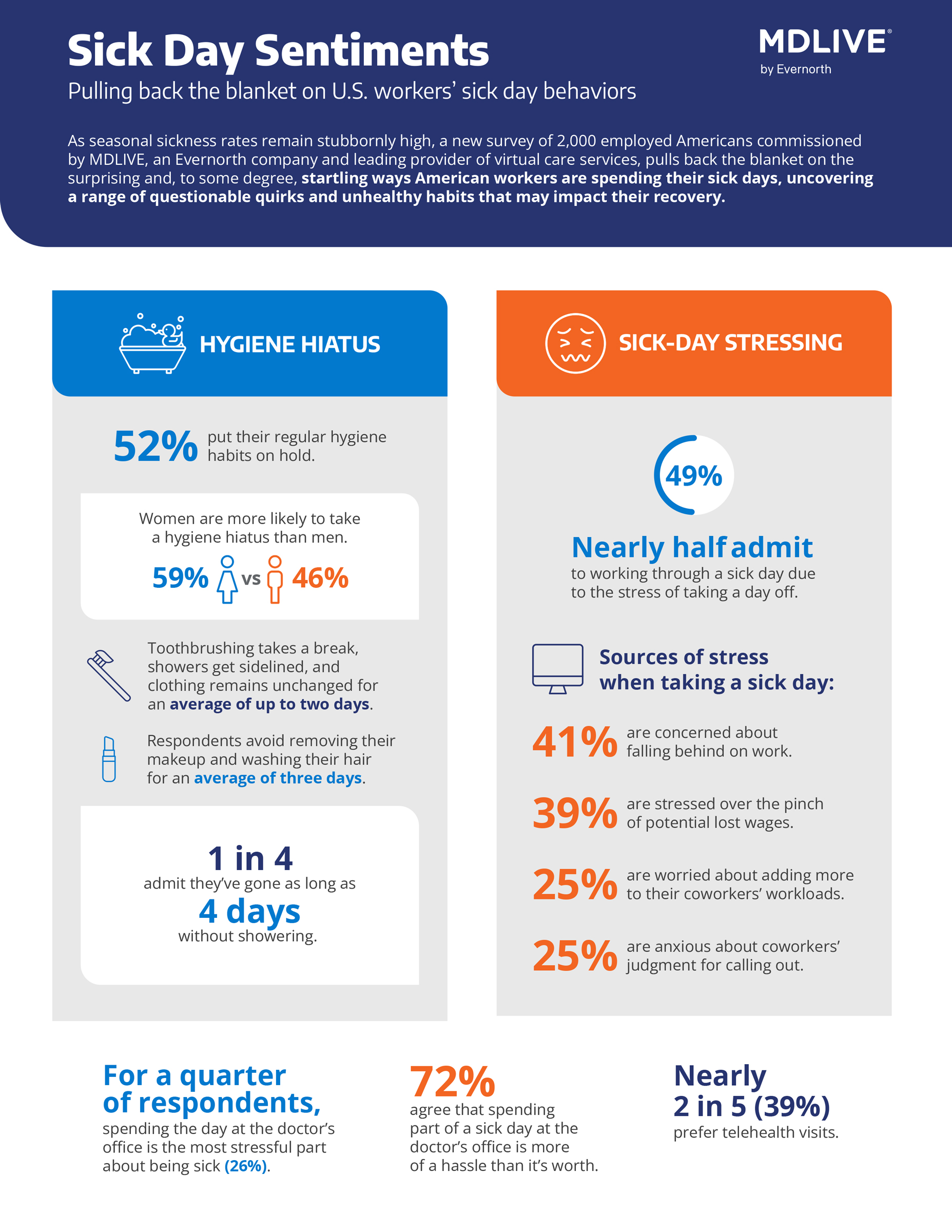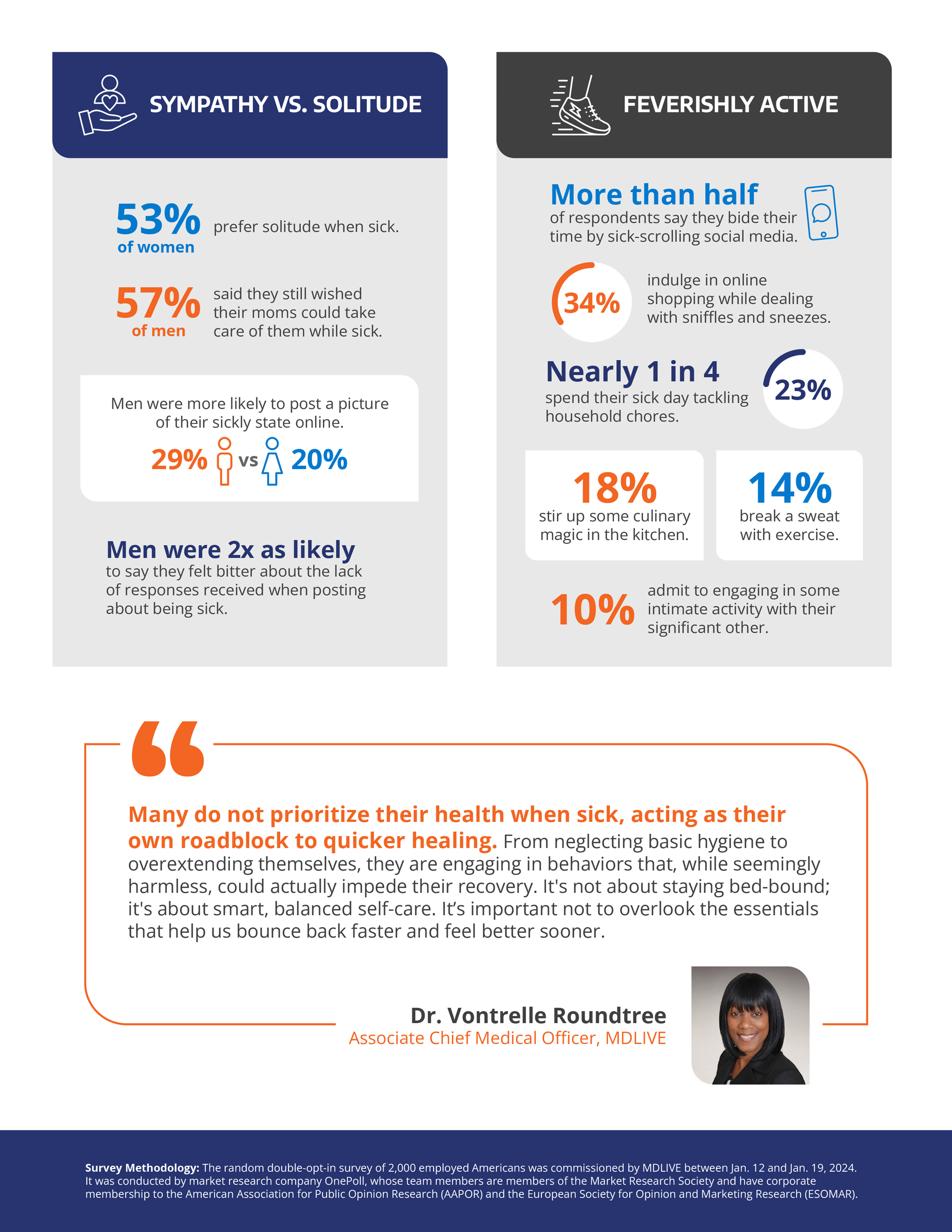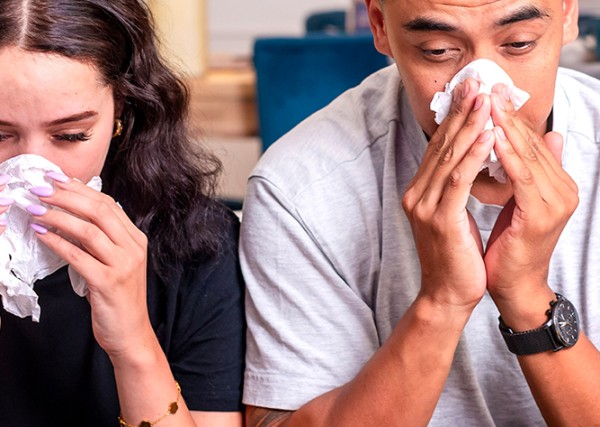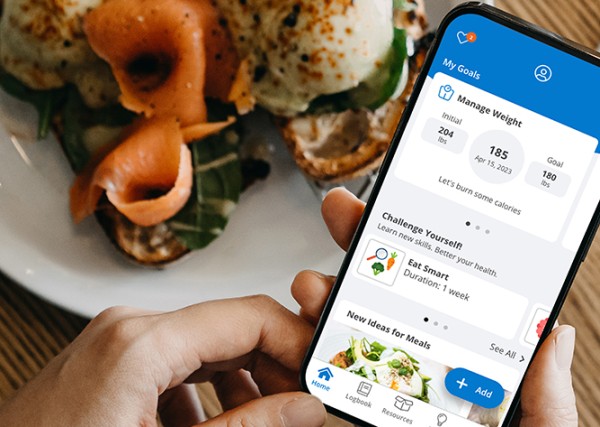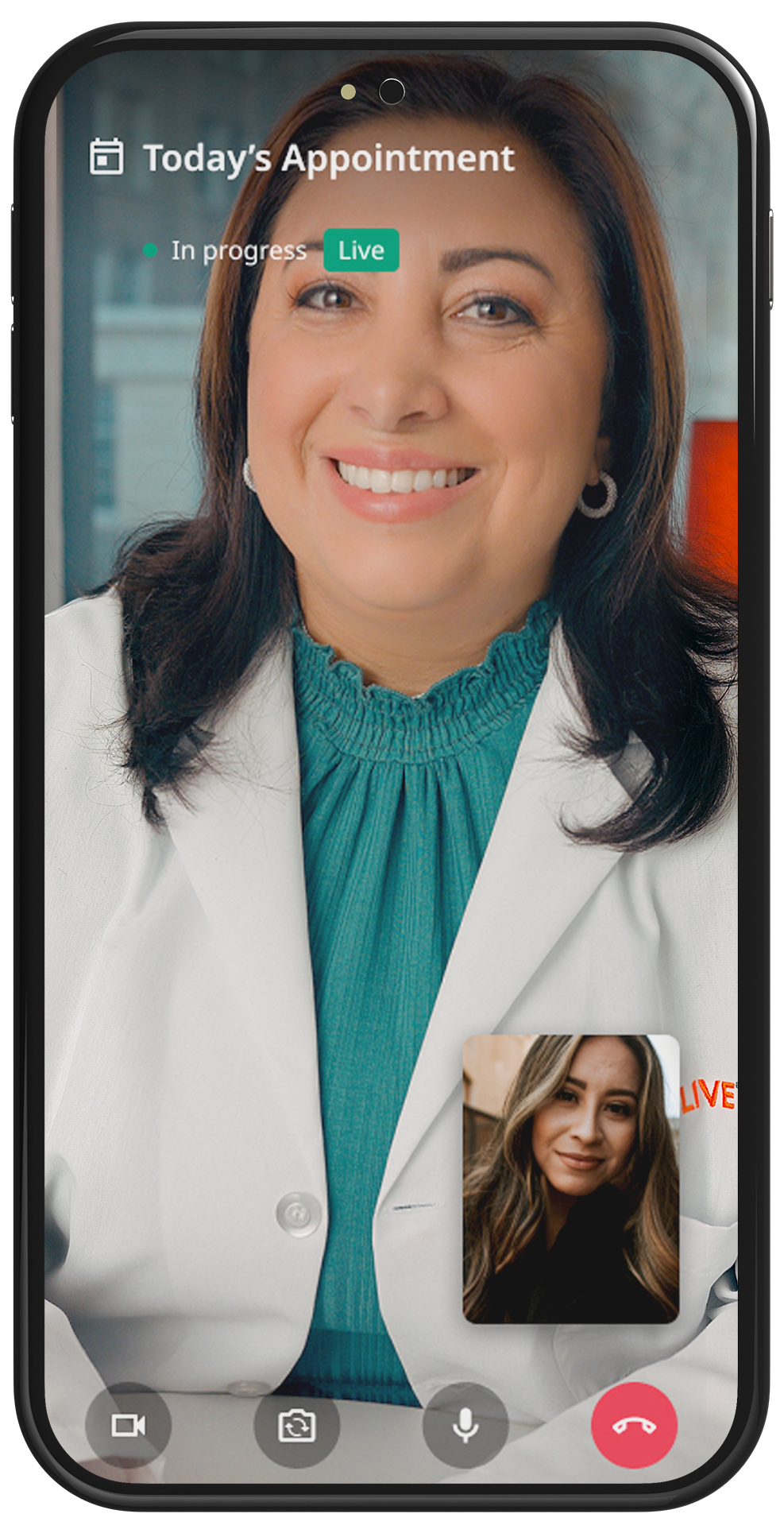Sick at home? Try these 5 healing hacks to feel better faster.
See a doctor now Create my account
Whether it's the common cold, flu, or another illness, getting sick not only impacts your physical and mental health but can also disrupt your routine and responsibilities. As a result, we all look for ways to bounce back faster when sick at home. However, sometimes we unknowingly engage in actions that delay our recovery. While there is no quick fix, incorporating a few smart tips into your get-well-soon routine can help speed up your healing process.
What about honey?
Honey’s natural antibacterial and anti-inflammatory properties make it an excellent remedy for soothing sore throats and coughs. When consumed, honey coats the throat and can reduce irritation and the severity of your cough. For adults and older children, honey can be a sweet way to alleviate discomfort and support recovery.
Honey’s natural antibacterial and anti-inflammatory properties make it an excellent remedy for soothing sore throats and coughs. When consumed, honey coats the throat and can reduce irritation and the severity of your cough. For adults and older children, honey can be a sweet way to alleviate discomfort and support recovery.
"Incorporating these hacks into your sick day routine can speed up your recovery, ensuring a quicker return to your everyday routine," advises Dr. Roundtree. "Remember, listening to your body and taking timely action, whether that means self-care or speaking to a doctor, is key to getting you back on track to good health."
Posted date: April 11, 2024

